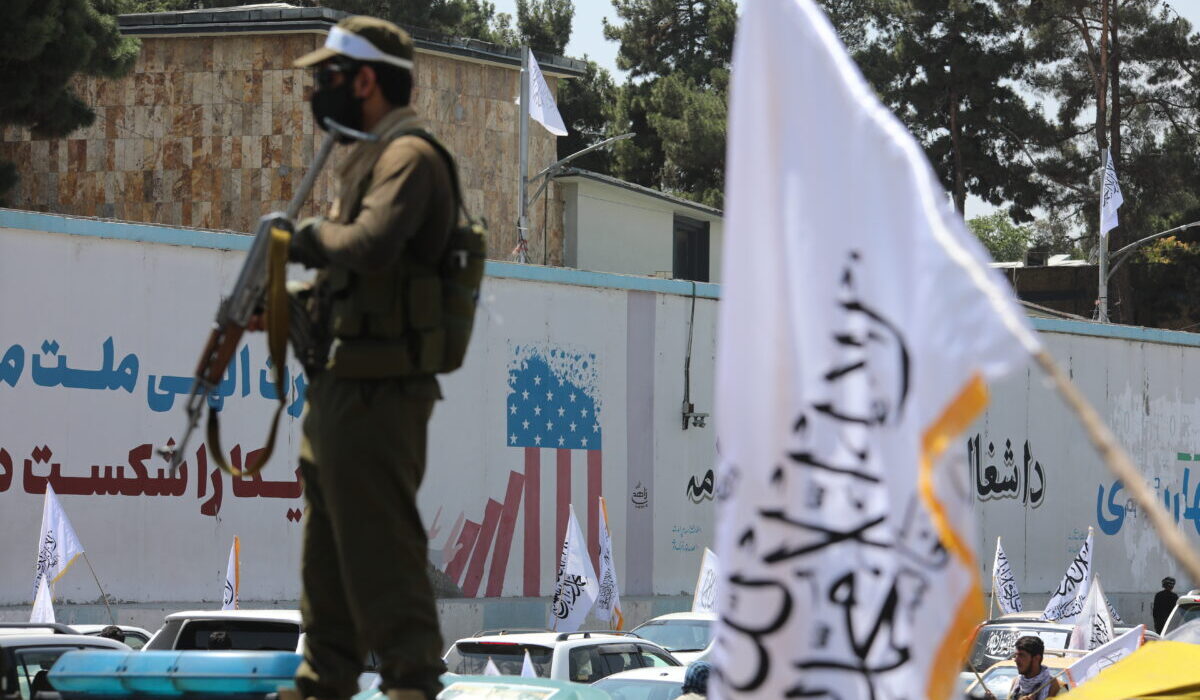KABUL — Taliban have publicly flogged at least 44 people, including six women, across multiple provinces over the past three weeks, according to data compiled by Amu TV from the Taliban Supreme Court statement.
In addition to the floggings, the Taliban’s Ministry for the Promotion of Virtue and Prevention of Vice has arrested 18 people during the same period, sources said.
Despite repeated international condemnation and calls from human rights organizations to end the practice, the Taliban continue to carry out public corporal punishments.
According to Supreme Court records, floggings were carried out in at least ten provinces, including Kabul, Uruzgan, Kapisa, Faryab, Kunduz, Nangarhar, Paktika, Parwan, Khost, and Kandahar.
The punishments were handed down for alleged crimes including adultery, sodomy, theft, and murder, the records show.
In addition to public floggings, Taliban enforcers have also conducted a series of arrests, detaining:
Three religious scholars critical of the Taliban.
Two employees of Radio Begum, a women-focused media outlet.
Three foreign tourists, including two women and a man, along with their translator.
A resident of Daikundi accused of altering Quranic texts.
Seven people in Balkh on charges of violence and gambling.
One person in Bamiyan accused of witchcraft.
Human rights advocates and Afghan citizens have denounced the Taliban’s escalating use of corporal punishment, calling it a blatant violation of human rights and urging the international community to take immediate action.
“The number of public floggings is increasing every day,” said a resident of Badghis. “We don’t even know if these people are given fair trials. For women, who have no institutions or ministries to defend them, this is an even greater injustice.”
A resident of Herat expressed concern over the Taliban’s lack of judicial transparency. “Without an independent and fair judicial system, flogging people in public is both religiously and politically wrong,” he said. “The fact that this is happening in front of crowds makes it even more inhumane. The international community must act immediately to stop this.”
Organizations including the United Nations and Amnesty International have previously condemned the Taliban’s judicial practices, citing the absence of fair trials and due process. They have called on the Taliban to halt corporal punishments and respect fundamental human rights.
However, Taliban have ignored these warnings and continue to enforce public floggings, further entrenching their hardline interpretation of Islamic law in Afghanistan.





